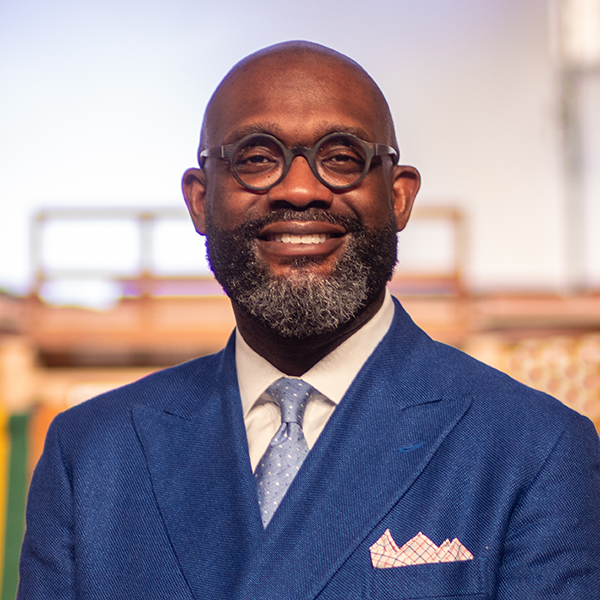A recent edition of The New York Times carried an ad from an upscale antiques dealer offering the affluent collector an opportunity to own an authentic German Enigma machine, “ca. 1940.”
The Enigma, which first appeared in the 1920s, was state-of-the-art cryptographic tech. It allowed military people to transmit their information in code, confident that only the intended recipient would be able to decipher the message. Hackers who broke into the transmission midstream encountered only unintelligible gibberish.
Enigma became a principal military asset for Germany in 1939 with the invasion of Poland and, continuously refined and upgraded by brilliant engineers, was a source of vexation for Great Britain and her allies, who were desperate to counter Germany’s submarine warfare in the North Atlantic.
It fell to Alan Turing and a staff of brilliant mathematicians at Bletchley Park (it doesn’t come any more quintessentially British) to break Enigma, enabling the Allies to turn the tables on Hitler and his U-boats, likely saving the United Kingdom from invasion.
Seeing an Enigma offered for sale in the relaxed atmosphere of an antiques salon, I was reminded of Isaiah’s wistful words of promise, looking toward a time when military conflict would be no more. “They shall beat their swords into plowshares, and their spears into pruning hooks,” he wrote. “Nation shall not lift up sword against nation, neither shall they learn war any more” (Isaiah 2:4 NRSV).
That ad in The New York Times was testimony that Isaiah’s hope was not wholly wishful thinking: there are processes at work in history that can reduce fearsome armaments to quaint conversation pieces, transform yesterday’s tools of war into museum relics.
In the wake of a series of mass murders wrought with assault weapons, seekers after peace lament that the spell these weapons have cast over society cannot be broken: there appears to be no way to break into the Second Amendment absolutist narrative, disrupt the flow and slip rumors of plowshares into the stream. Every attempt at reasoned conversation around gun control meets a force field of recrimination, invective and disdain. The absolutist narrative continues its unimpeded flow, apparently fearless of interruption.
But the second coming of Bletchley Park may be at hand.
A part of the Old Testament prophetic tradition that often goes overlooked is the end run God occasionally makes around entrenched centers of privilege and power in order to proclaim the word.
Amos -- “Let justice roll down like waters, and righteousness like an ever-flowing stream” (Amos 5:24) -- was running a landscaping business when he was recruited by the God of Moses. Jeremiah, interrupted by God when he’d have preferred studying for finals, complained, “Truly I do not know how to speak, for I am only a boy” (Jeremiah 1:6). Drafted into the prophetic vocation, he condemned empty worship that delighted in pomp and circumstance while “the alien, the orphan, and the widow” were oppressed (Jeremiah 7:6), and he lived as a thorn in the side of Judah’s corrupt monarchy in the decades before the nation was overrun by the Babylonians. No doubt the credentialed court prophets held him in contempt, as they did Amos, he with the mulch residue under his fingernails.
I was reminded of this divine habit of summoning up prophetic eloquence from unlikely places when I heard of the students from Marjory Stoneman Douglas High School in Parkland, Florida, who were mounting a disciplined public campaign to demand that legislators finally do something about the proliferation of weapons of mass murder in our midst. Emerging from the bloodletting that saw 17 people murdered in their school, they eloquently denounced the legislative paralysis that has empowered the absolutist narrative and done nothing to stanch the flow of blood in our schools.
Since then, there have been more mass shootings, including the May attack at a school in Santa Fe, Texas, in which 10 people were killed and 13 injured.
Our contemporary court prophets -- the religious leaders who counsel the president and are quick to offer commentary upon any number of political issues -- have gone mute on guns, so it appears that God has initiated Jeremiah 2.0, again summoning up the young to declare the word when their elders have been compromised.
It remains to be seen who will play the role of Alan Turing in Bletchley Park II, which may finally see the absolutist narrative interrupted, compromised and rendered impotent. David Hogg, Ryan Deitsch and Emma Gonzalez have emerged as leaders among the students at Marjory Stoneman Douglas, though they are by no means alone, and their movement has spread well beyond the hallways and classrooms in Florida.
Perhaps, as with Enigma back in the 1940s, the breaking of the absolutist code will depend upon the tireless dedication of a number of bright, utterly dedicated young women and men, convinced that the lives of innocents all around them depend upon their courage and incorruptibility.
If the word takes root and flourishes, as certainly the God of the incarnation wills, then our children may, upon some blessed, future day, stare at an assault weapon secured behind museum glass and ask what it is. Because, thank God, they won’t otherwise know.








